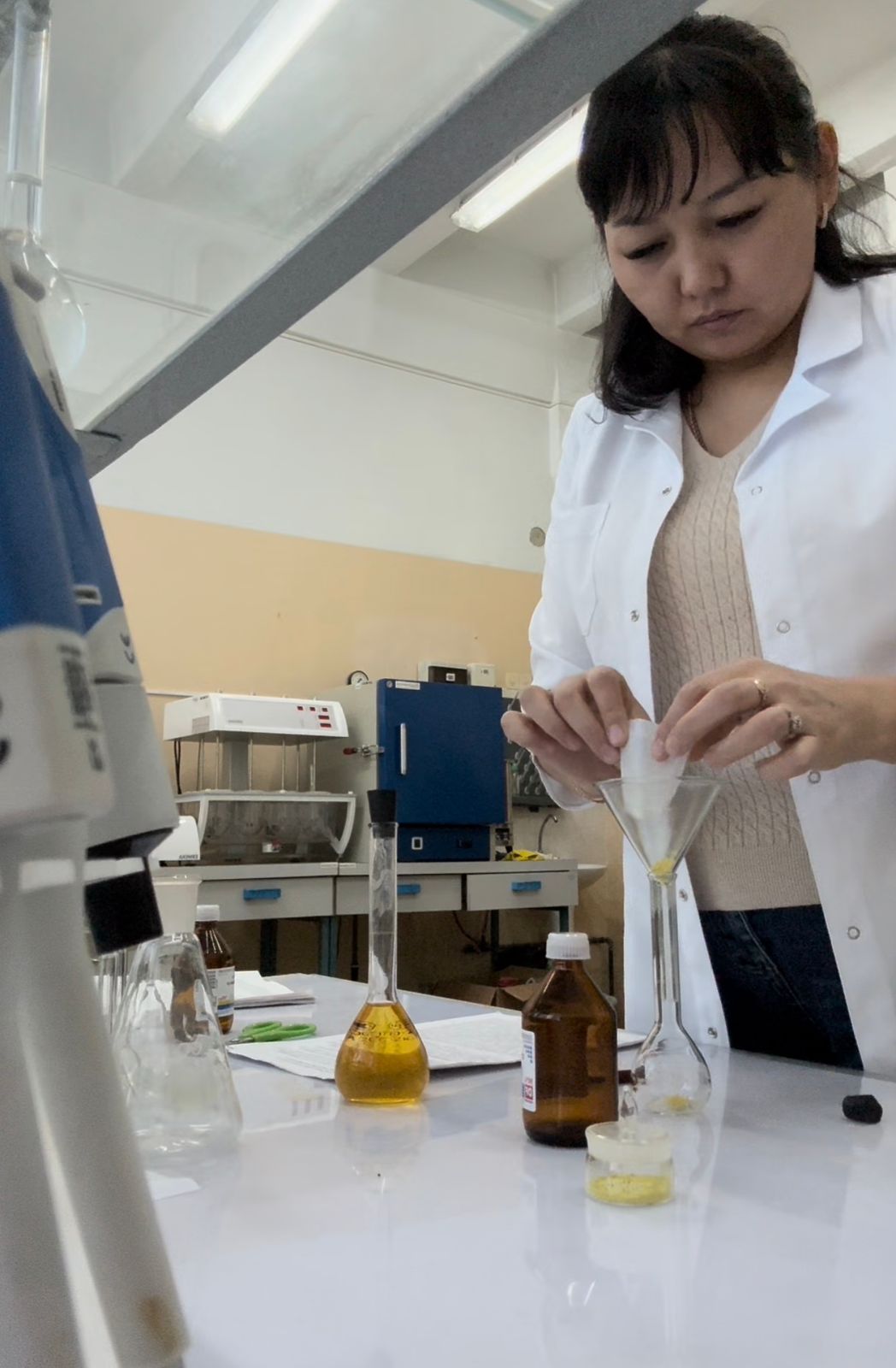In recent years, the global beauty industry has seen a surge in popularity of cosmetics based on domestic natural ingredients. This phenomenon is driven not only by global trends towards naturalness and eco-friendliness but also by the high quality of raw materials provided by our nature. Modern cosmetic brands, using innovative production technologies, often rely on traditional recipes and ancestral knowledge about the valuable biological properties of natural raw materials. To create natural cosmetic products, as a rule, ecologically clean and safe types of raw materials of plant, animal, and organo-mineral origin are used, possessing high nutritional and biological efficiency. For example, extracts and oils of medicinal plants have nourishing, antioxidant, anti-inflammatory properties and are used in cosmetic oils and creams. Based on clay, rich in microelements, cleansing masks and scrubs are created, and its scrubbing properties help in cleansing pores and improving skin texture. Such animal products as collagen and keratin help to maintain the elasticity and firmness of the skin, and lanolin, which is an animal wax, forms a protective barrier, retaining moisture and protecting the skin from external factors. Dairy and fermented milk products, which have long been used in folk cosmetology, are rich in biologically active substances (proteins, fatty acids), vitamins A, C, and B group and exhibit moisturizing, toning, whitening, and anti-aging effects.
Today, the market for cosmetic and cosmeceutical (medical) products in Kazakhstan is small and, for the most part, represented by foreign brands. Eastern Kazakhstan, with its unique nature, diverse flora, and numerous mud deposits, is a real treasure trove for creating domestic cosmetic products. In the territory of our region, one can find many plants with unique biological properties, such as rosehip, sea buckthorn, lemon balm, sage, chamomile, and many others. Popular mud deposits such as Alakol, Barlyk-Arasan, and Shoshkaly can be used as natural biologically active substrates for cosmetic purposes. The physicochemical and biological properties of wild medicinal plants and mud deposits of Eastern Kazakhstan, despite their active use by local residents for health purposes, have not been sufficiently studied.
The extensive raw material base of Eastern Kazakhstan, as well as the growing interest of Kazakhstani people in natural and environmentally friendly cosmetics, is of interest to scientists engaged in the development of domestic brands and innovative formulas in the Kazakhstani beauty industry.
Thus, a group of Kazakhstani scientists from Astana International University, Shymkent University, Shakarim University of Semey, and Alikhan Bokeikhan University, together with Polish scientists from Adam Mickiewicz University (Poznan), won a scientific project funded by the Ministry of Science and Higher Education of the Republic of Kazakhstan on the topic "Development of technology for obtaining new cosmeceutical products based on domestic natural raw materials." The research project involves joint research over three years (2024-2026). Kazakhstani and Polish scientists are conducting research on the comprehensive study of the physicochemical and biological properties of medicinal mud, medicinal plants of Eastern Kazakhstan, and animal products (dairy products, lanolin), as well as creating cosmeceutical compositions based on them.
The work of a group of scientists in this direction will contribute to the development of the cosmetology industry in Kazakhstan, producing products from natural raw materials. This creates favorable conditions for the growth of domestic cosmetic brands that can offer competitive products based on local raw materials, and also solves the socio-economic issues of the region.
The combination of such domestic products in modern cosmetic compositions has the potential to become a national Kazakhstani brand in the global cosmetics industry.

